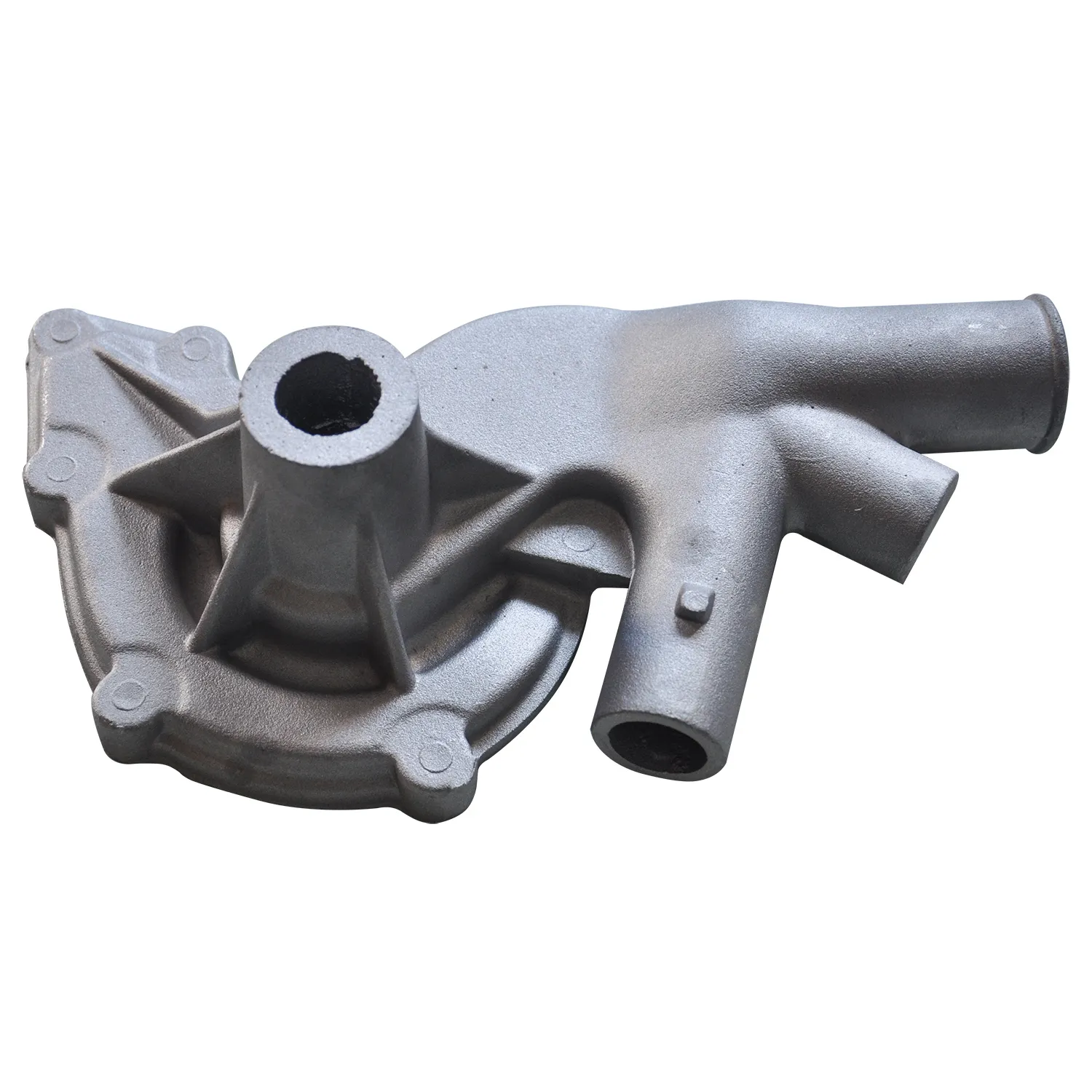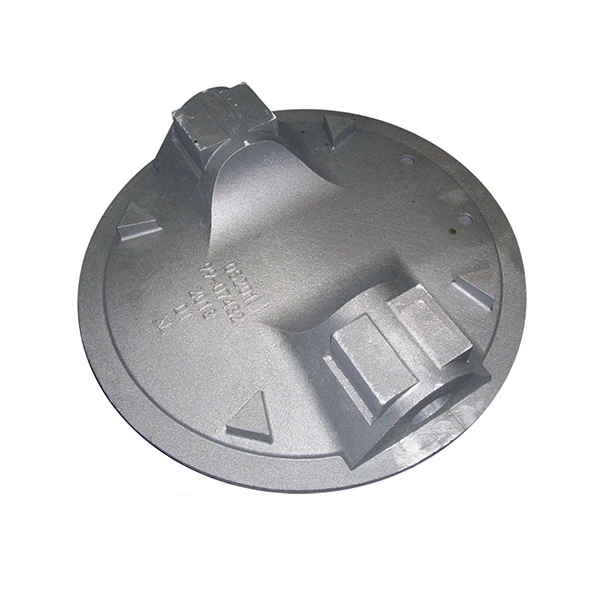Mobile:+86-311-808-126-83
Email:info@ydcastings.com
Gen . 09, 2025 10:54
Back to list
pumpe impeller
Understanding the significance of the pump impeller in various industrial applications provides insight into its efficiency and importance in fluid dynamics. The pump impeller, a rotor used within a pump to increase the velocity of a fluid, is critical in industries such as water treatment, chemical processing, and HVAC systems. Its design and material composition can significantly influence the performance and longevity of the pump.
The environmental impact of pump impellers is becoming increasingly significant as industries strive for sustainability. Modern advancements offer impellers designed with eco-friendly materials and those that improve the energy efficiency of the entire pumping system. For example, computational fluid dynamics (CFD) is employed to simulate the impeller's operation within pumps, optimizing the design to reduce energy waste. In the realm of HVAC systems, the innovation in impeller technology has led to the development of variable speed pump systems that adjust the impeller's speed to match the system's load requirements, resulting in considerable energy savings. Such systems can significantly reduce operational costs and environmental impact, highlighting the indispensable role of the pump impeller in energy-efficient building designs. The intricacies involved in the selection, design, and maintenance of pump impellers underscore the need for specialized knowledge and experience. Professionals and engineers working with pumps must understand the nuances of fluid dynamics and material science to optimize pump performance and reliability. As industrial demands grow and environmental considerations shift, the technological evolution of the pump impeller remains a cornerstone in achieving operational excellence and sustainability. Ultimately, the pump impeller's role extends beyond mere fluid motion. It intersects with broader industrial objectives, influencing productivity, cost-efficiency, and environmental responsibility. Its continual advancement is crucial in meeting the ever-evolving needs of industries worldwide, a testament to the ongoing innovation in engineering and technology.


The environmental impact of pump impellers is becoming increasingly significant as industries strive for sustainability. Modern advancements offer impellers designed with eco-friendly materials and those that improve the energy efficiency of the entire pumping system. For example, computational fluid dynamics (CFD) is employed to simulate the impeller's operation within pumps, optimizing the design to reduce energy waste. In the realm of HVAC systems, the innovation in impeller technology has led to the development of variable speed pump systems that adjust the impeller's speed to match the system's load requirements, resulting in considerable energy savings. Such systems can significantly reduce operational costs and environmental impact, highlighting the indispensable role of the pump impeller in energy-efficient building designs. The intricacies involved in the selection, design, and maintenance of pump impellers underscore the need for specialized knowledge and experience. Professionals and engineers working with pumps must understand the nuances of fluid dynamics and material science to optimize pump performance and reliability. As industrial demands grow and environmental considerations shift, the technological evolution of the pump impeller remains a cornerstone in achieving operational excellence and sustainability. Ultimately, the pump impeller's role extends beyond mere fluid motion. It intersects with broader industrial objectives, influencing productivity, cost-efficiency, and environmental responsibility. Its continual advancement is crucial in meeting the ever-evolving needs of industries worldwide, a testament to the ongoing innovation in engineering and technology.
Next:
Latest news
-
Why Should You Invest in Superior Pump Castings for Your Equipment?NewsJun.09,2025
-
Unlock Performance Potential with Stainless Impellers and Aluminum End CapsNewsJun.09,2025
-
Revolutionize Your Machinery with Superior Cast Iron and Aluminum ComponentsNewsJun.09,2025
-
Revolutionize Fluid Dynamics with Premium Pump ComponentsNewsJun.09,2025
-
Optimizing Industrial Systems with Essential Valve ComponentsNewsJun.09,2025
-
Elevate Grid Efficiency with High-Precision Power CastingsNewsJun.09,2025
Related PRODUCTS











